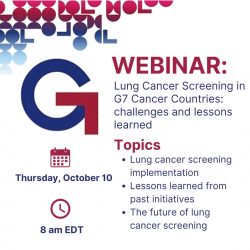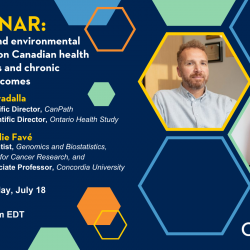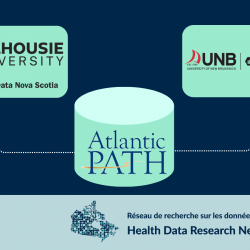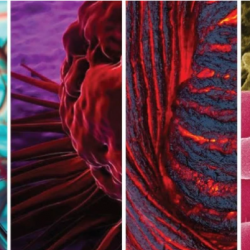Administrative Health Data Services in the Maritimes Webinar
Join the Maritime SPOR Support Unit to learn about accessing data administrative health data with Health Data Nova Scotia and the New Brunswick Institute for Research, Data and Training, including linked data sources from Atlantic PATH and the Canadian Longitudinal Study on Aging! Thursday, Oct 17th, 12-1pm AST Registration: https://t.co/r8r6KevJht










